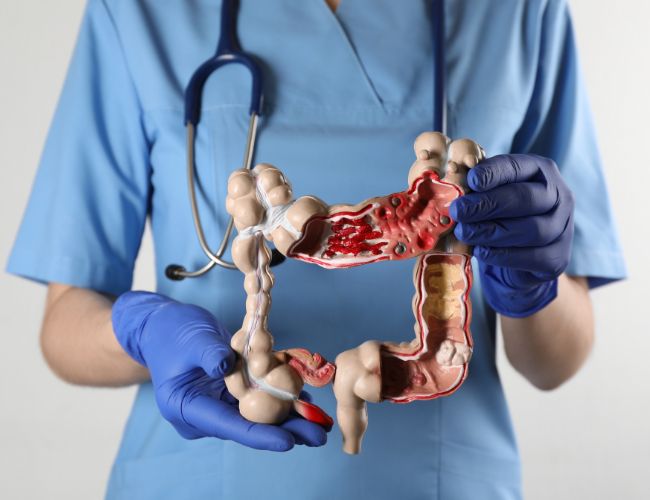Colon Cancer Surgeries
What is colon cancer?
Colon (colorectal) cancer starts in the colon (large intestine), the long tube which helps carry digested food to the rectum and out of your body.
Colon cancer develops from certain polyps or growths in the inner lining of the patient colon. Professional experts perform screening tests which detect precancerous polyps before they can become cancerous tumors. Colon cancer that’s not detected or treated in the early stage may spread to other areas of your body.
What are colon cancer symptoms?
Common symptoms of colon cancer include:
- Blood on or in your stool (poop)
- The persistent changes in bowel habits (how you poop)
- Abdominal (belly) pain
- Bloated stomach
- Unexplained weight loss
- Vomiting
- Fatigue and feeling short of breath
What are the risk factors for colon cancer?
Here are some of the risk factors for colon cancer:
- Smoking
- Excessive alcohol use
- Obesity
- Having a diet which includes lots of red meat and processed meat
- Inflammatory bowel disease
- A family history of colon
What are the surgery options for colon cancer?
Surgery is the most common treatment for colon cancer and it ranges from minimally invasive procedures to removing the entire colon.
- 1. Polypectomy: If the excision involves the removal of a colorectal polyp, it is known as polypectomy.
- 2. Local excision: Local excision is more complex than polypectomy and it requires more time to recover. Removing cancerous cells and some surrounding tissue through a colonoscope is known as local excision.
- 3. Endoscopic mucosal resection: When colorectal cancer is removed in stage 1 and stage 2 cancer with the help of a colonoscope is called endoscopic mucosal resection (EMR).
- 4. Colectomy: A colectomy is a procedure where the removal of all or part of the colon is done.
- 5. Proctectomy: A proctectomy is a surgical procedure which is basically performed to remove all or part of the rectum.
- 6. HIPEC: Hyperthermic intraperitoneal chemotherapy (HIPEC) is a very highly concentrated, heated chemotherapy treatment which is delivered directly to the abdomen of the patient during the surgery.
- 7. Robotic surgery: Robotic surgery is a procedure which has the advantages of a three-dimensional surgical view, seven degrees of robotic arms and steadiness. The robotic surgery improves surgical performance as well as outcomes, it increasingly is being regarded as a treatment option for colorectal surgery.
HIMAS Hospital has experienced and specialized surgeons in the field of colon cancer. We use advanced and innovative equipment for treating colon cancer. We have friendly and cooperative staffs and doctors who prioritize the individual needs and preferences of each patient and provide compassionate support throughout their cancer journey.
